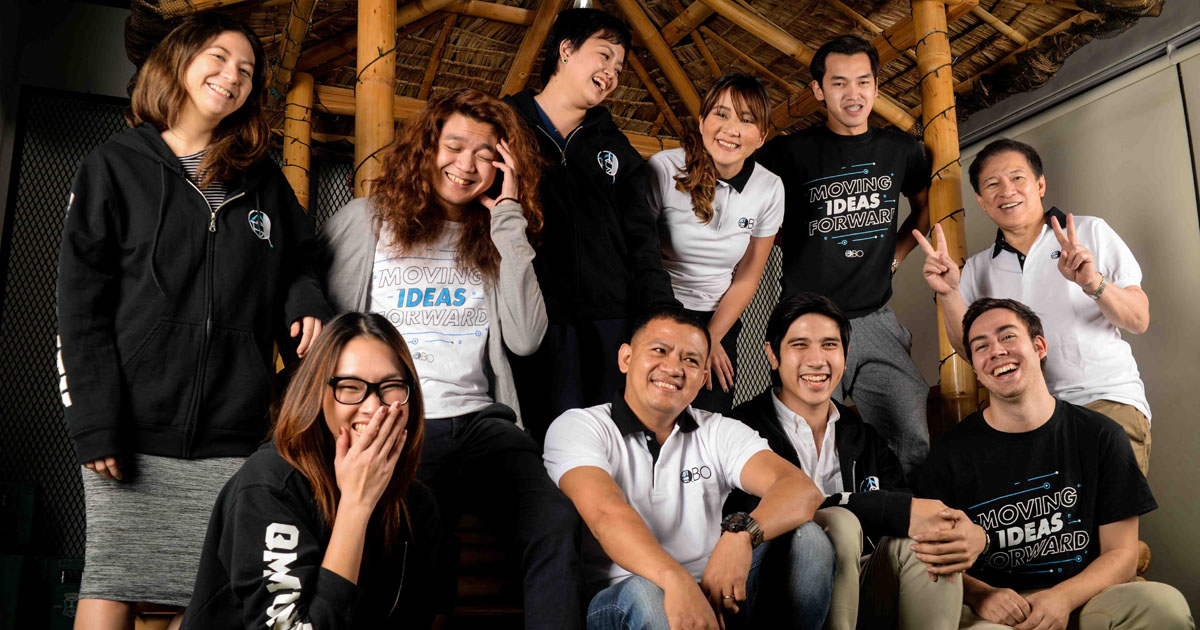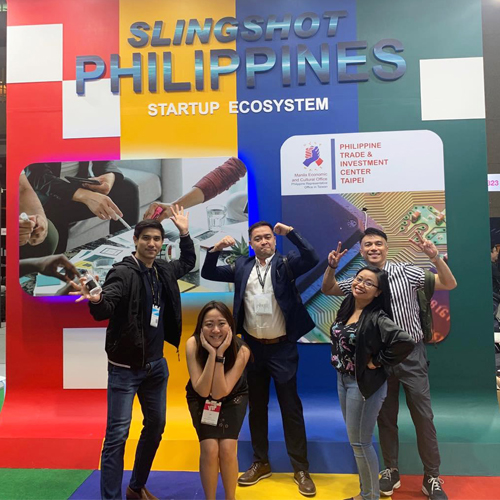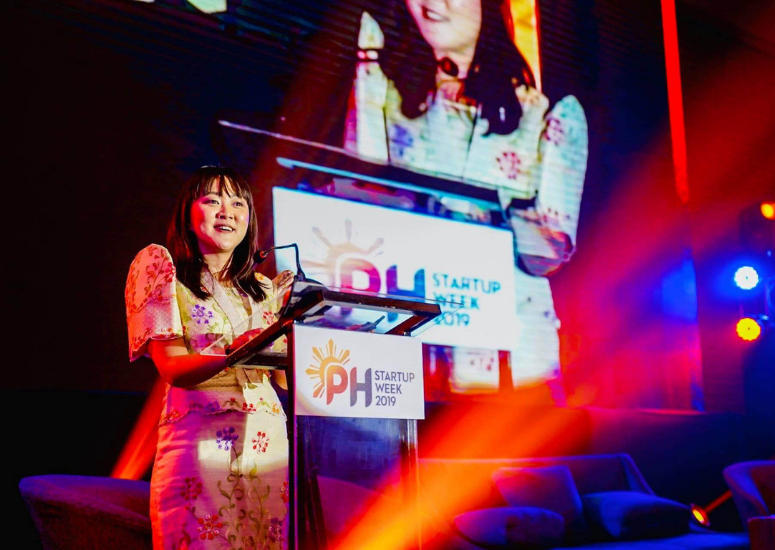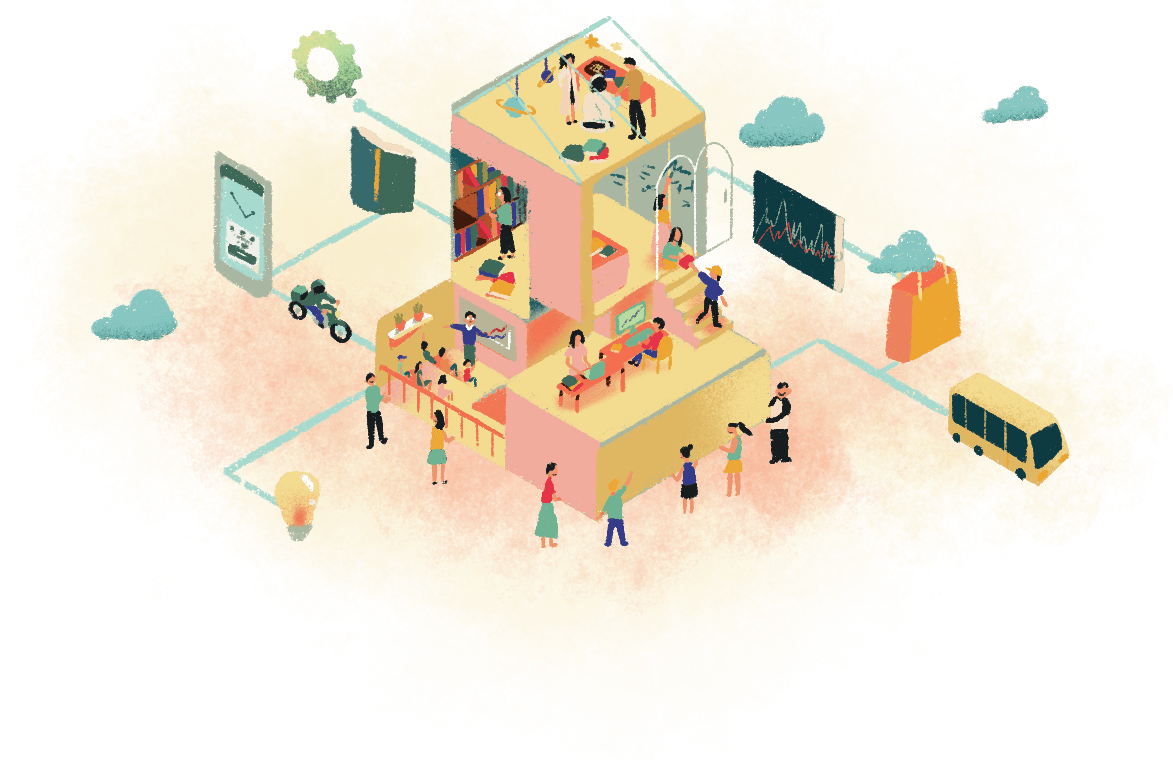Technology
YES to integrity and stewardship
I continue to hope for leaders who will choose to imagine and create communities where decent work is available, where technology is used for good, where health, well-being, and mobility are widely accessible, and where innovation and entrepreneurship are nurtured. The people are seeking leaders who care, and they can trust.
I’ve been immersed in the tech startup space for a number of years, leading the Philippines’ largest startup enabler organizations, IdeaSpace and QBO, and can say with confidence that the industry has hit a positive inflection point.
Emerging ventures including Kumu, Qwikwire, 1Export, InvestEd, PayMongo, Great Deals, and Podcast Network Asia are defying the economic crisis by attracting unprecedented levels of funding within and outside the country, as they provide key products and services that may prove key to our bounce-back from the pandemic.
The leaders behind these startups are also moving towards developing talents and technologies, and circulating capital to fuel the next stage of growth for our nascent ecosystem. We support hundreds more founders with similar ambitions, who are ready to embark on the journey of creating solutions and businesses in the Philippines that can scale to the world.
As I reflect on how to build a better future for the nation, we could benefit from learning some lessons from the tech ecosystem. I would like our next leaders to embody traits shared by many successful start-up entrepreneurs: self-awareness, adaptability, empathy, stewardship, imagination, and last but not the least, ecosystem thinking.


Why self-awareness? Self-awareness makes it possible for leaders to be honest about their capabilities and limitations, and the support that they need. Leaders with high degrees of self-awareness are open to collaboration, and assemble teams with the understanding that success almost always requires people of different backgrounds and viewpoints to work together.
Self-awareness is also critical for leaders to bounce back after making errors. To be able to review a decision, identify what went wrong, and have the humility to make adjustments and do better, is necessary for leaders seeking to build trust.
Our next generation of leaders can choose to challenge outdated ideas of what it means to have a strong, prosperous, and inclusive society. They must be open to reimagining the best version of this country and to act towards making that possible.
Adaptability is another important trait, especially highlighted in times of disruption. Just as startup founders must have mastery of when and how to “pivot”—in startup jargon, the process of rapidly translating market feedback into a change in business model—we likewise need leaders who are responsive and able to divert from a course of action quickly and decisively.
We need leaders who are unafraid to try new practices, technologies and management frameworks, and can enact policies that are suitable to the times we live in and the challenges we face.
A third quality I’ve often observed in founders is a strong sense of empathy. Empathy is critical to the design and development of products, services, and organizations—the willingness to be curious, to listen, to understand, and to put oneself in one’s customers’, or in this case, constituents’, shoes is necessary but often overlooked.
Assumptions and generalizations can lead to poorly designed plans and systems, which can have disastrous consequences. A startup that forges ahead without understanding the customers, their motivations, and their pains will soon find itself lost, confused, and wasteful. The same is true for leaders taking care of our country.
Now more than ever, leaders of the future must also exhibit integrity and stewardship. Climate change, technology developing at breakneck speeds, rampant misinformation and deteriorating confidence in the media—these are just a fraction of the problems that our future leaders will face. The people are seeking leaders who care, and they can trust.
At IdeaSpace and QBO, when deciding whether to invest in a startup or accept them into our programs, we evaluate founders not only on the strength of their teams or ideas but also on their capacity to be responsible stewards.
Our future leaders must have the same level of imagination that powers our startup ecosystem. It is time to dream and to do so boldly, and then turn these ideas into reality.
Time and again, we’ve seen that founders who show early on that they are mindful of their unit economics and prudent even when working with small amounts of capital and resources, end up delivering larger returns as their businesses expand. Integrity and stewardship are also critical to building long, fruitful relationships with colleagues, customers, and other stakeholders.
Of course, perhaps the most iconic trait of the startup founder is imagination. A startup is at its core driven by innovation, and a grand vision or purpose that will change the world. As we rebuild, our leaders have an outsize influence on what the “new normal” will look like.
I continue to hope they will choose to imagine and create communities where decent work is available, where technology is used for good, where health, well-being, and mobility are widely accessible, and where innovation and entrepreneurship are nurtured.

Our next generation of leaders can choose to challenge outdated ideas of what it means to have a strong, prosperous, and inclusive society. They must be open to reimagining the best version of this country and to act towards making that possible. Our future leaders must have the same level of imagination that powers our startup ecosystem. It is time to dream and to do so boldly, and then turn these ideas into reality.
Finally, a trait that leaders I believe must have as we navigate the next decade is ecosystem thinking, or the understanding that everything is intrinsically connected. Our beliefs, our norms, our actions, and our decisions impact not just ourselves but the world around us.
This is where the Filipino values of pakikipagkapwa and bayanihan, which are core to the spirit of the bahay kubo that inspired QBO’s name come into play. Our startup ecosystem, while small and under-resourced relative to the region, is also extraordinarily collaborative. It is commonplace for startup founders, investors and ecosystem enablers to share resources, opportunities, and learnings with each other, knowing that someone else’s success contributes to their own, and that a rising tide will lift all boats.
The leaders of the future cannot afford to act in isolation. The past year has shown us that a small action such as sneezing can lead to exponential impact to society. Inconsistent, disconnected policies, even among the smallest local government units can quickly devolve the entire country into chaos. Small actions can either shut the world down or open it up to better ways of doing things.
Leaders must understand that individuals and communities are interconnected and that sustainable, inclusive development can only be achieved through shared values and cooperation. Leaders who understand the advantages of ecosystem thinking will be better equipped to link information and events with larger trends and developments, spot repeating patterns, outlier events, and potential crises, giving them the insight they need to act quickly and purposefully. Ecosystem thinking also enables leaders to create and execute programs with fewer resources by leveraging community engagement, data and algorithms, and even social technologies to implement change in the real world.
It’s been shown that good governance has lasting generational effects and can set up communities and countries for long-term stability and development. As Filipino startups finally begin to attract the attention of venture capitalists globally, we need good leadership in order to solidify and capture these gains.
Every vote counts. Register now! Go to irehistro.comelec.gov.ph.



